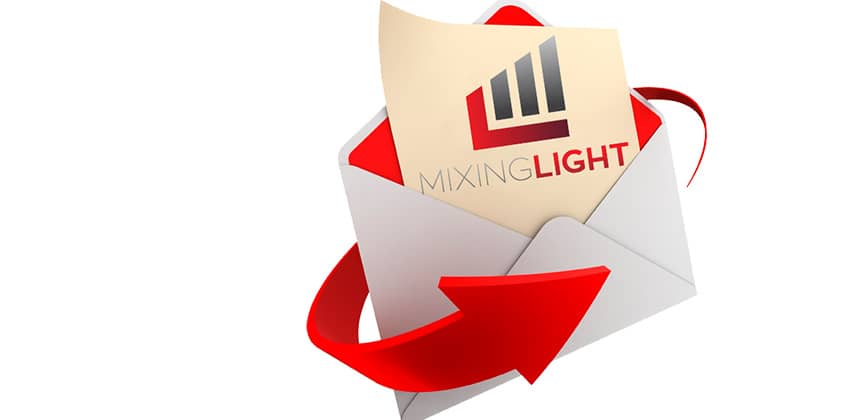| Series |
|---|
Episode 24: From The Mailbag
Does Having Color Tools Make You A Colorist? & Are Dedicated Colorists A Dying Breed?
In this installment of ‘From The Mailbag’ we don’t cover any member questions (we’ll get back those very soon!), but rather discuss two topics that we’ve been discussing as a team- A LOT.
Ten years ago if you took a poll of postproduction people only a very small percentage of them would identify themselves as colorists – many probably wouldn’t even know what a colorist was!
This, of course, was when dedicated color grading tools cost hundreds of thousands of dollars.
These days, with such tools commonplace and in some cases even free, does simply having the tools and knowing them well make you a colorist?
If you use an extremely popular tool does that make you less of colorist than another user who is using a very expensive, less popular system?
Or is it something different?
We’re not quite sure but we want to explore the topic, so in Part 1 we share our thoughts on when you actually become a colorist and how to make that step into using that name for your job.
In Part 2 we discuss how is availability of color tools to editors, DPs, directors and other people in the pipeline potentially threatening the role of being a dedicated colorist
Remember, if you have questions that you’d like to get an opinion on please use the contact form.
Your questions can be aesthetic, technical or even client related. We’d love to hear from you, and your question might make future episodes of From The Mailbag.
What’s In A Name?
Many colorists didn’t start out in that role. Except maybe Dan… we’re pretty sure he was born one!
Many started as editors, some in VFX, and others made the move from behind the lens to the grading suite.
For many established colorists there has been a clear path in the careers that got them to taking on the monikor – colorist.
One thing we’ve noticed and perhaps you have too, is many people simply because they have powerful color tools like Resolve or SpeedGrade now add colorist to their business card.
Is that a good thing or bad thing?
Well, we have a lot of opinions on this, and in Part 1 we discuss how you can be an editor with a strength in color but not be a colorist, how the time you are spending actually grading can be one factor in calling yourself a colorist and how being a colorist is more than just a word to add to your resume.
Are A Colorists Days Numbered?
Up next we discuss the idea that colorists as group are under threat by the spread of color tools in other software packages and how colorists are impacted by other people in the post pipeline saying they can do color.
All three of us have had to wrestle with these issues and you probably have too.
Some of the things we tackle in Part 2 include:
- Should you worry that an editor is pretty good with color? Does that mean less work for you as a dedicated colorist?
- How do you keep your clients aware that you as the colorist are integral to their success?
- Is the true colorist something that will continue to only exist on high-end projects?
In many ways these types of questions aren’t new – other parts of the postproduction world have had similar feelings that their roles are under threat. But, are colorists different because they’re so specialized?
This entire Mailbag episode will garner a lot of opinions so please use the comments below if you have more to add to the conversation or have other questions.
-Team Mixing Light
Member Content
Sorry... the rest of this content is for members only. You'll need to login or Join Now to continue (we hope you do!).
Need more information about our memberships? Click to learn more.
Membership optionsMember Login


